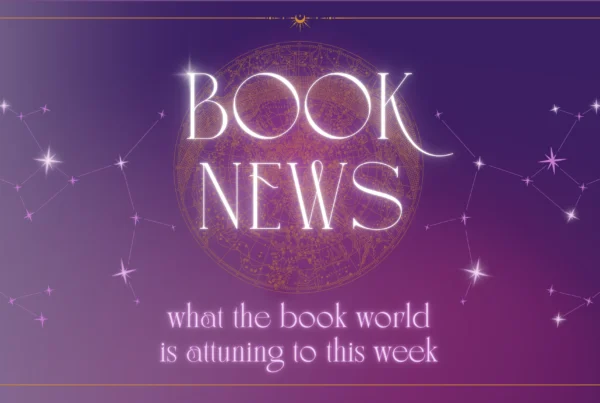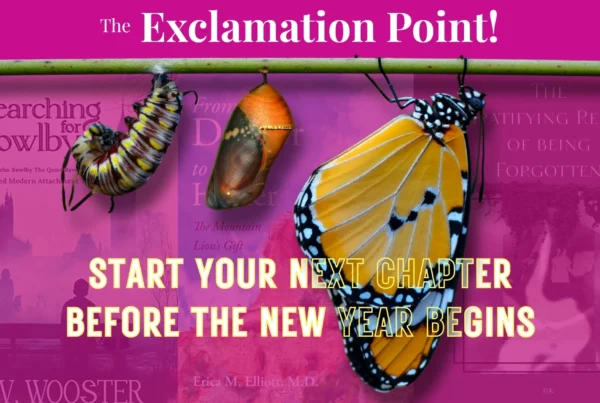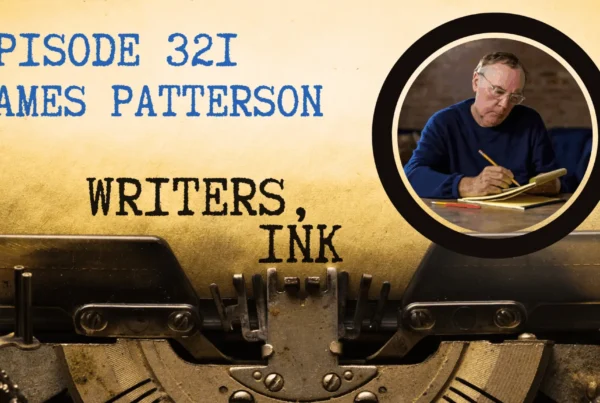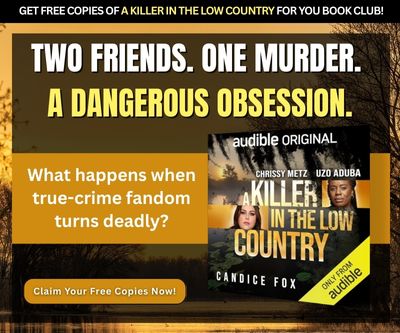by Mark Gottlieb
Finding a literary agent is one of the biggest challenges for debut and emerging authors. Mark Gottlieb is a literary agent at Trident Media Group, which has ranked first for overall volume of deals and amount of money for deals since 2004.
He recently shared some thoughts on how writers can get the attention of prospective agents.
What do you look for when reviewing query letters? What can an author do to set their query apart from the others in the pile?
As a literary agent I am looking for a well-written query letter where there is profound character development or the meat and potatoes of the story sounds exciting. A strong opening to their query letter can grab attention immediately. We in the book publishing industry often refer to this as the hook or elevator pitch. Keep the query letter under one page. And personalize it. Too often they simply read, “Dear Agents,” or are lacking in information such as book description and author bio.
What resources should an author turn to in order to find an agent who is seeking manuscripts like theirs?
It’s probably simplest to look at the overall sales rankings of literary agencies, by both the number of book deals they perform and the amount of money for book deals. Aspiring writers looking to become published authors will likely want to begin with the top-ranked literary agencies and work their way down the list.
Often we hear about agents looking for the next Gone Girl or Game of Thrones. Which trends do you consider when looking at manuscripts?
I have always believed it is better to be making waves of one’s own than to be following in the wake of other waves. It is still important to pay attention to current book publishing trends and bestseller lists to know what is working well among the general reading publish, though. I regularly check the New York Times bestsellers list every week, along with the Amazon Top 100. I also read the book reviews in Publishers Weekly and I look at the bestsellers list assembled there.
Tell us about a query that was rough but showed promise. What did you see in it and how did you work with the author to transform it into a book?
I can recall that there was a query letter that called out the fact that the book had already been self-published to little or no success, and had been rejected by 50 agents. I was shocked and surprised that the author was so honest. What ultimately won the day was that the book had a terrific concept, was well written and researched, and was funny, to boot.
What types of books are currently on your #MSWL (Manuscript Wishlist)?
Literary agents and book editors can use the tag to create a running list of what types of manuscripts they are currently on the lookout for. So an author could, for instance, search for the name Mark Gottlieb in connection with #MSWL on Twitter and see the results that come up for me as an agent. I tend not to use #MSWL all that often and I find that much of the information there is out of date. I’m very open to most any kind of book. In terms of new fiction, I am focusing my efforts on pre-existing bestselling authors, debut fiction (commercial and upmarket fiction), children’s books and graphic novels. In terms of nonfiction, I tend to focus on celebrity-driven or platform-driven nonfiction. An author of nonfiction often needs to have a very big platform, such as a million social media followers, etc. to convince a book publisher to take them onboard.
If you could offer any overall advice to aspiring authors preparing to submit, what would it be?
A few pieces of advice for writers wanting to approach literary agents:
-Take the manuscript as far as you can editorially with the guidance of others at workshops, conferences, etc.
-Write a knockout query letter.
-If you are an author of fiction, quality of writing will win the day.
-If you are an author of nonfiction, make sure your platform is in the millions.
Where do you see book publishing headed within the next five to ten years?
I see book publishers that have merged over the years eventually realizing that they have grown too much and too fast, perhaps then reassessing how they go about publishing books. Many book publishers have been practicing the mantra of wanting to publish fewer yet bigger books. Though it is not the cost of publishing too many books that is keeping the overhead of publishing houses too high—publishers have overstaffed in acquiring too many smaller publishers and imprints. Publishers will also have to decide how to finally face the state of the book retail landscape since Barnes & Noble has been struggling for a long time. Publishers might have to come to realize that they need to redouble their efforts in the eBook space, much in the same way that so much of movies and TV have gone the way of streaming services.
Finish this sentence: “I love reading because…”
It can enrich the soul and bring out the very best in people. We learn a lot about those around us and the world in general when we read books.






Good story. I’m a former journalist querying two fiction manuscripts, and almost ready to start on a third. Mr. Gottlieb’s information is greatly appreciated. I will keep looking for more.